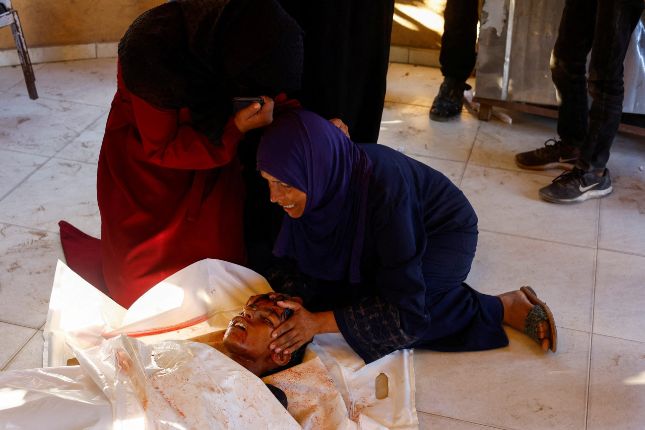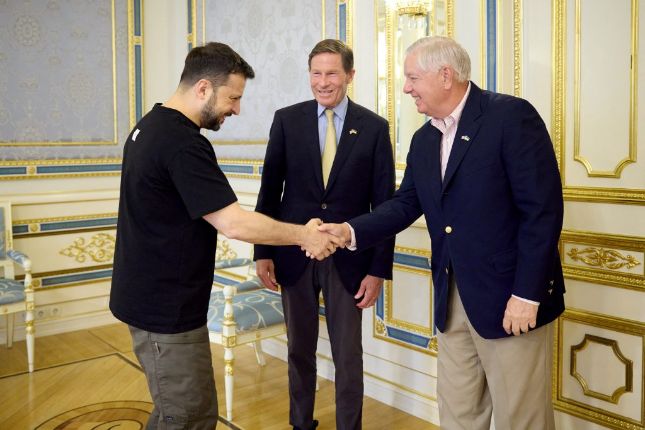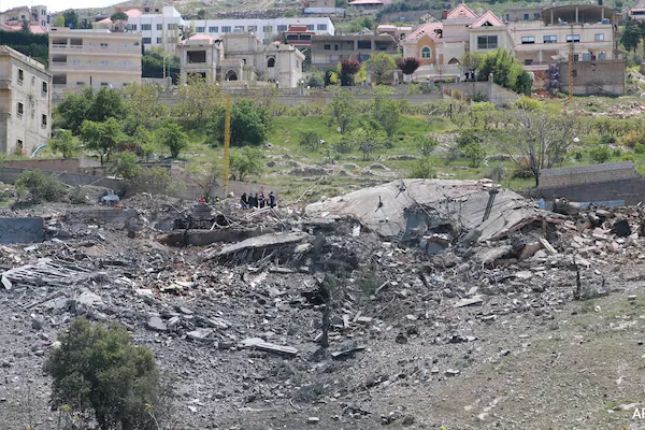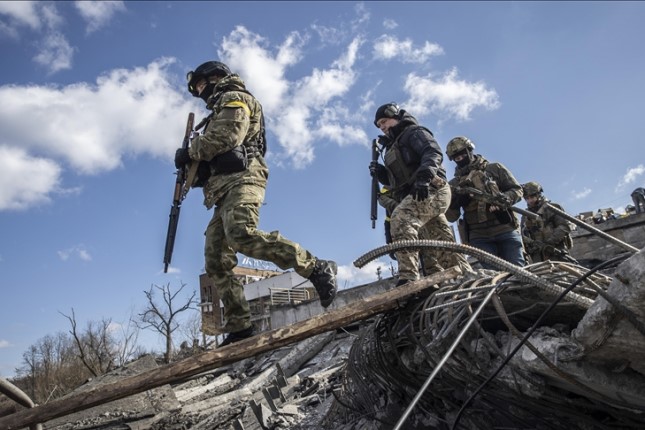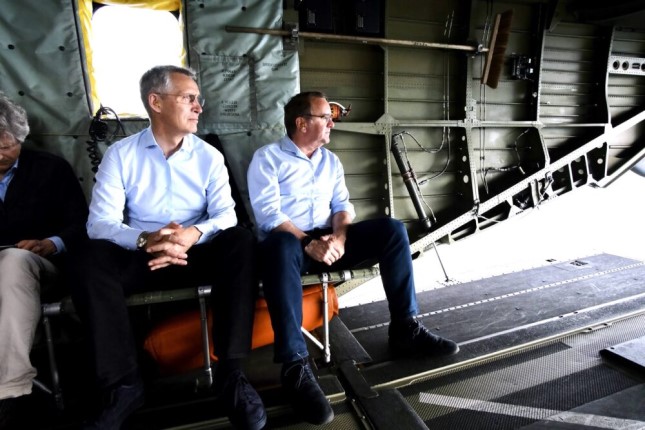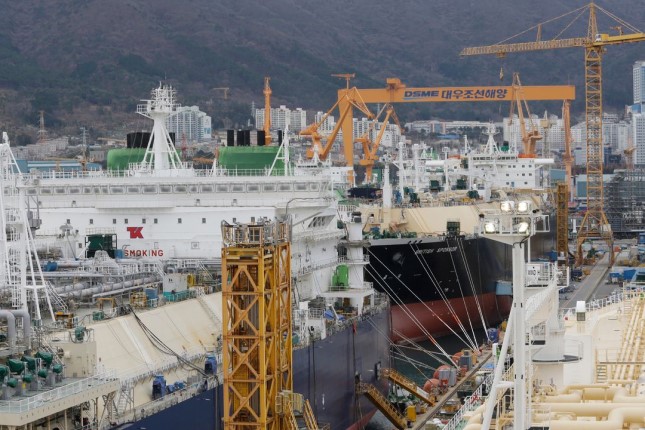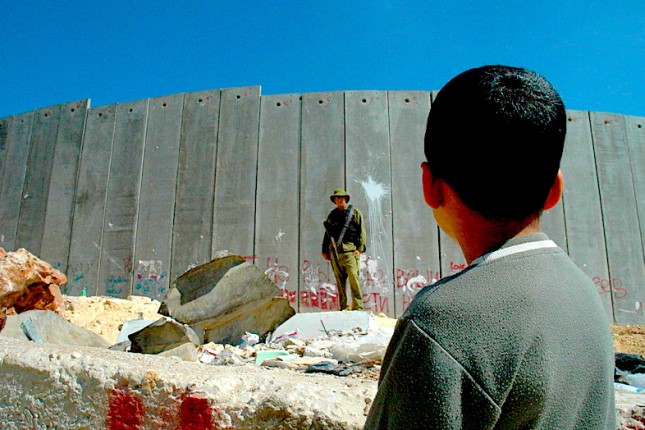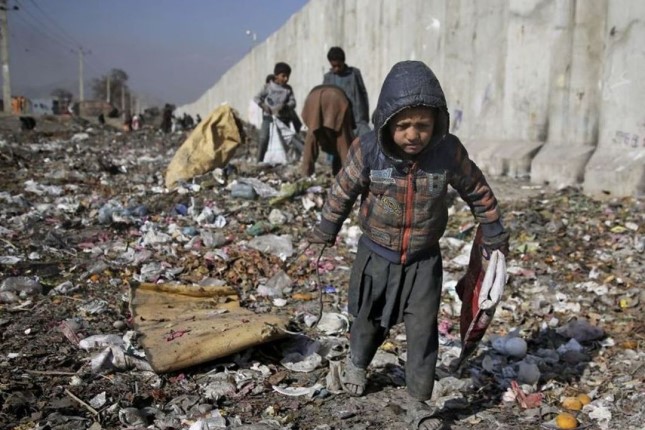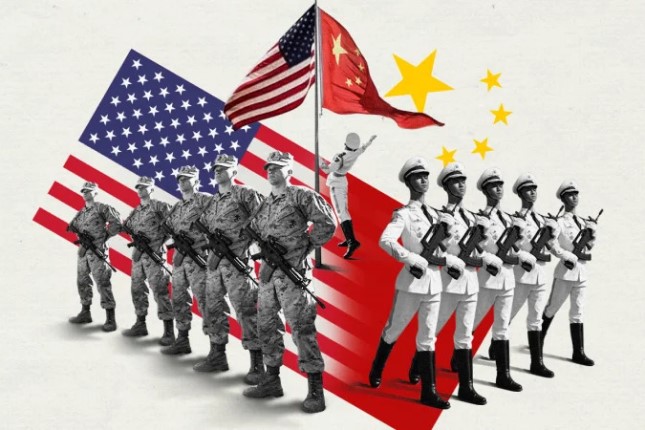In his inaugural address, Trump said that “My proudest legacy will be that of a peacemaker and unifier.” He promised to “measure our success not only by the battles we win but also by the wars that we end – and perhaps most importantly, the wars we never get into.” “That’s what I want to be,” Trump said, “a peacemaker.”
Seven months later, Trump changed the name of the Department of Defense to the Department of War. It is not just a change of name. It is a change of “attitude,” that rebrands the image the Trump administration wants to project to the world. Trump’s executive order says the name change “conveys a stronger message of readiness and resolve compared to ‘Department of Defense,’ which emphasizes only defensive capabilities.”
From 1789 until 1949, the department was named the Department of War. As the Department of War, the U.S. won every war, Trump said. “And then we decided to go woke, and we changed the name to Department of Defense,” Trump said.” Pete Hegseth, whose sign on his door was quickly changed to “Secretary of War,” says that the U.S. is “going to go on offense, not just on defense. Maximum lethality, not tepid legality. Violent effect, not politically correct. We’re going to raise up warriors, not just defenders.” That is not the language of a President or an administration that wants to be remembered as “a peacemaker” that is judged by “the wars that we end” and “the wars we never get into.”
Donald Trump has made no secret of his ambition to win a Nobel Peace Prize. He has brought it up and campaigned for it in interview after interview and speech after speech. In June, Trump took to Truth Social to boast of his role in brokering peace between the Democratic Republic of the Congo and Rwanda. “I won’t get a Nobel Peace Prize for this, I won’t get a Nobel Peace Prize for stopping the War between India and Pakistan, I won’t get a Nobel Peace Prize for stopping the War between Serbia and Kosovo, I won’t get a Nobel Peace Prize for keeping Peace between Egypt and Ethiopia… and I won’t get a Nobel Peace Prize for doing the Abraham Accords in the Middle East… No, I won’t get a Nobel Peace Prize no matter what I do, including Russia/Ukraine, and Israel/Iran… but the people know, and that’s all that matters to me.”
But the change of names to the Department of War betrays that campaign. And it is more than just a change of name. The rebrand reflects the ever bloating role of the military in the Trump administration to push out diplomacy and law enforcement. Trump pushed aside diplomacy that was working with Iran with an unprecedented bombing of Iran’s civilian nuclear facilities. And he has pushed aside law enforcement with military action against drug cartels in Latin America.
On September 2, the U.S. claims to have identified a speed boat that was running drugs for a Venezuelan drug cartel. They did not turn to law enforcement, as has, until now, been standard operating procedure by having the National Guard interdict the boat and arrest the suspected drug smugglers. Instead, either an attack helicopter or an MQ-9 Reaper drone fired on it, killing all 11 of its crew. Secretary of State Marco Rubio, speaking for an administration that wants to be a “peacemaker” that is judged by “the wars we never get into,” explained that “What will stop them is when we blow up and get rid of them.”
In order to prevent the flow of drugs into the United States, Trump and his Department of War have sent three Aegis guided-missile destroyers, several P-8 spy planes and at least one nuclear-powered fast attack submarine. Apparently insufficient to deal with the problem, the U.S. has now sent ten F-35 fighter jets to Puerto Rico to help carry out the operation against the drug cartels.
And CNN is reporting that options that the U.S. are considering include “carrying out military strikes against drug cartels operating in Venezuela, including potentially hitting targets inside the country as part of a broader strategy aimed at weakening leader Nicolas Maduro.” Asked if the U.S. is considering strikes on Venezuelan soil against the cartels and the Maduro government, Rubio replied, “This is a counter-drug operation. We are going to take on drug cartels wherever they are, wherever they are operating against the interests of the US.”
Despite the strong, inconvenient evidence that Venezuela is neither a significant drug producer nor transit point, and that Maduro is not the leader of a Venezuelan drug cartel, as both are alleged by the Trump administration, CNN was told that “The preferred course of action is for Maduro to leave on his own, to read the tea leaves. And then I think the message is ‘Do you want it to be easy or do you want it to be hard?’”
Bunker busters replacing diplomacy in Iran and military strikes and coups replacing law enforcement in Venezuela is not the resume of a Nobel Peace Prize laureate. With the change of attitude and policy reflected in the name change from Department of Defense to Department of War, that is surely the end of Trump’s Nobel Peace Prize aspirations.
Source: AntiWar.com.



















